Agricultural By-product Modular Building Integrated Systems
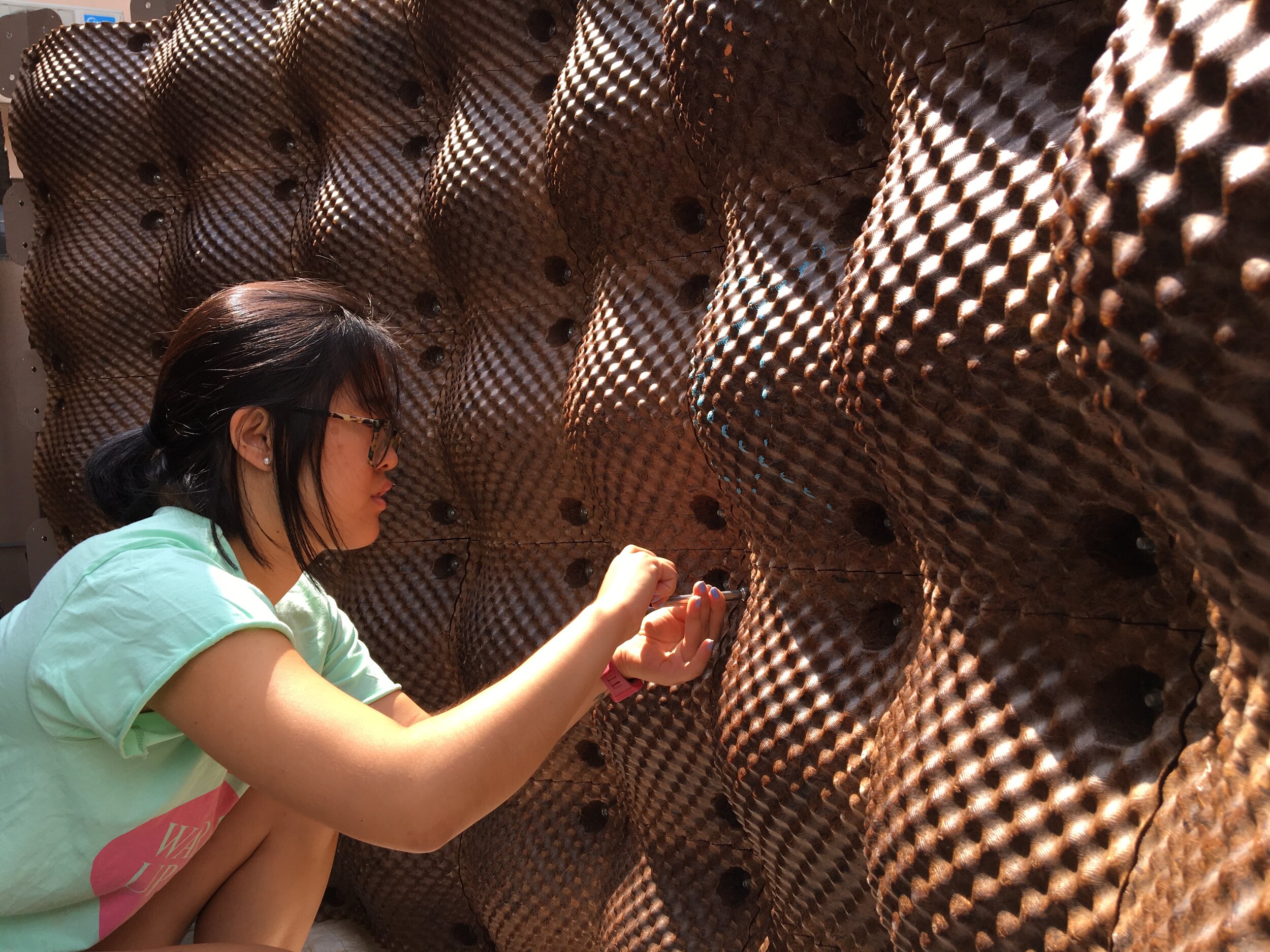
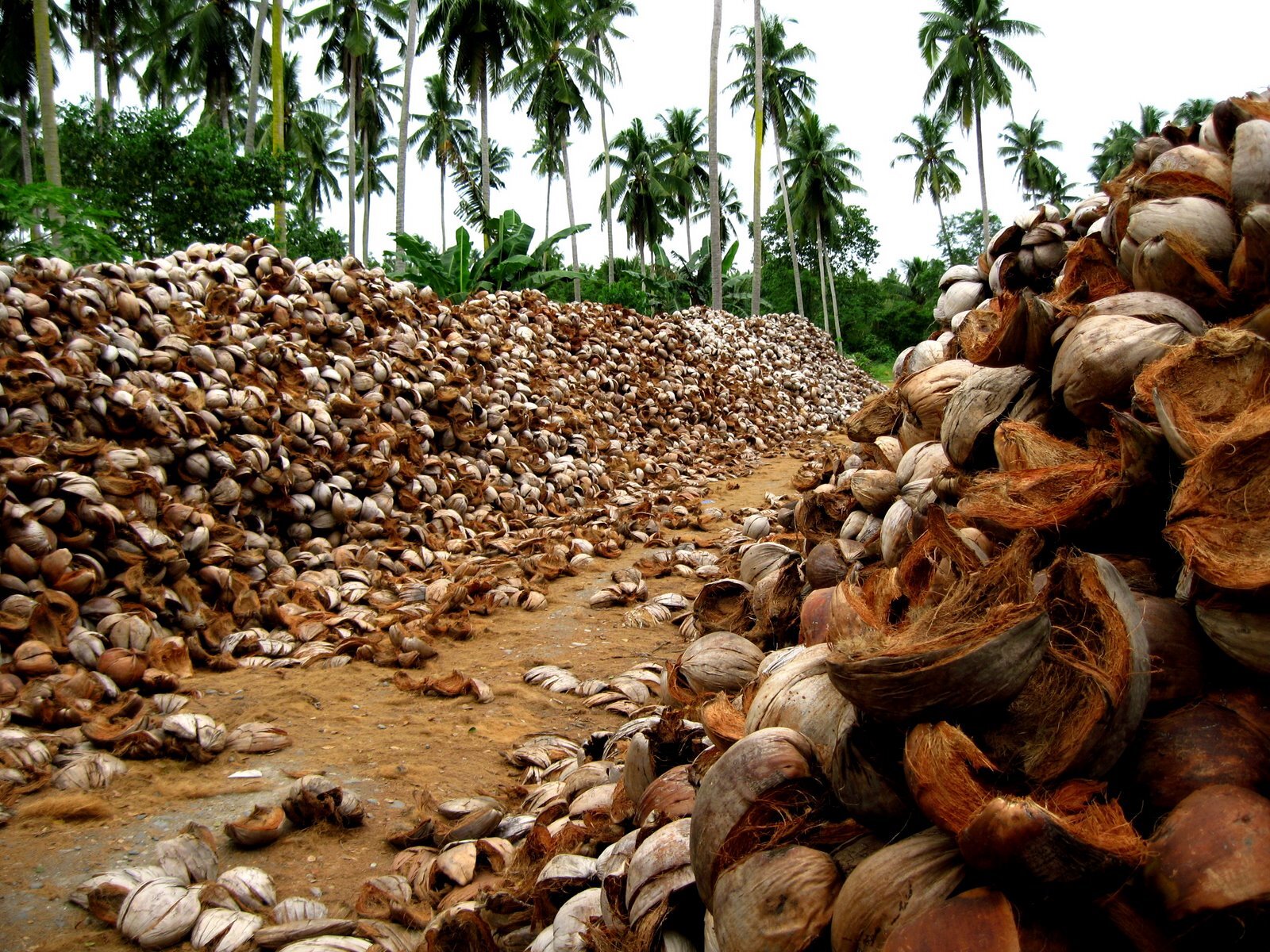
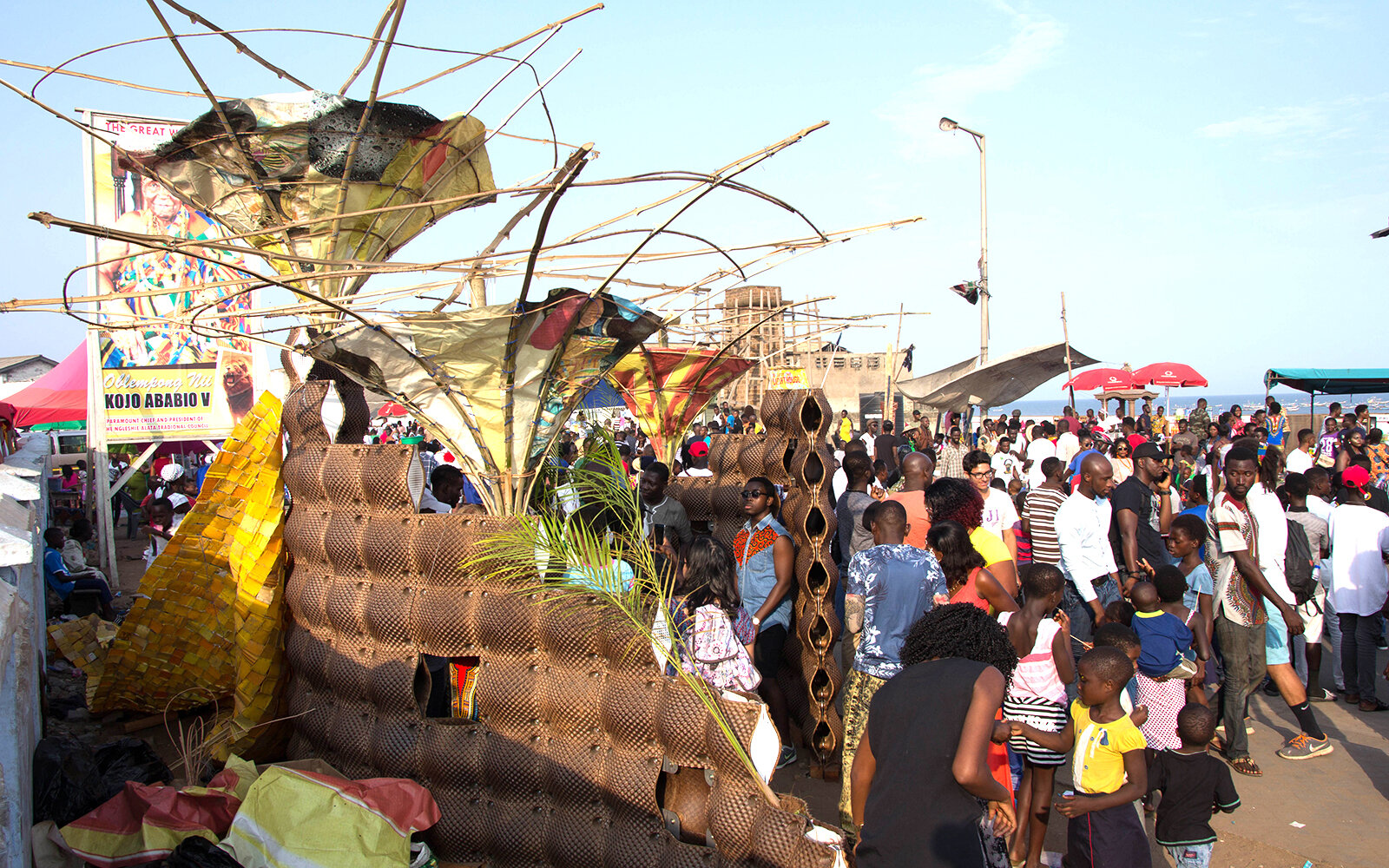
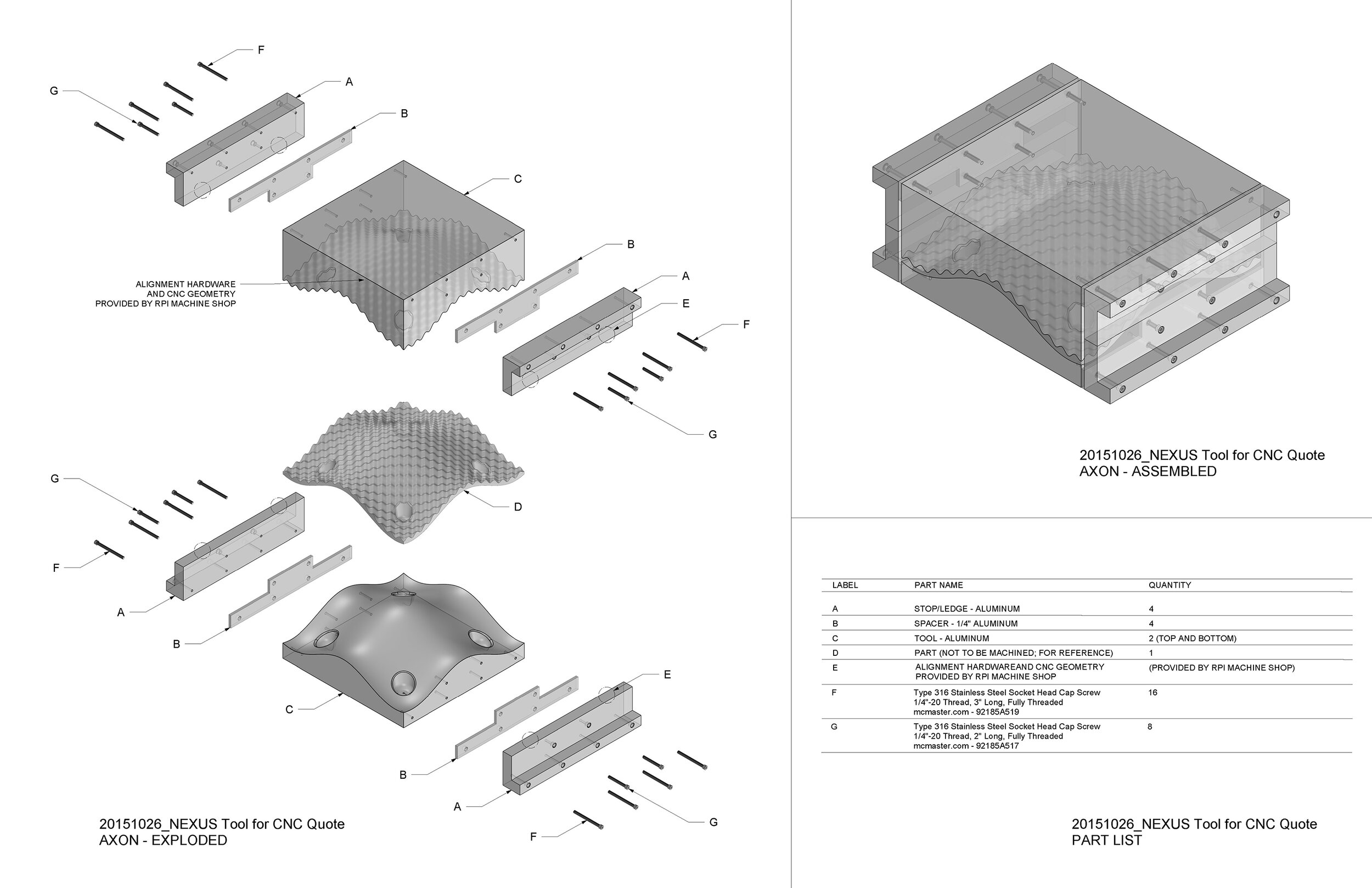
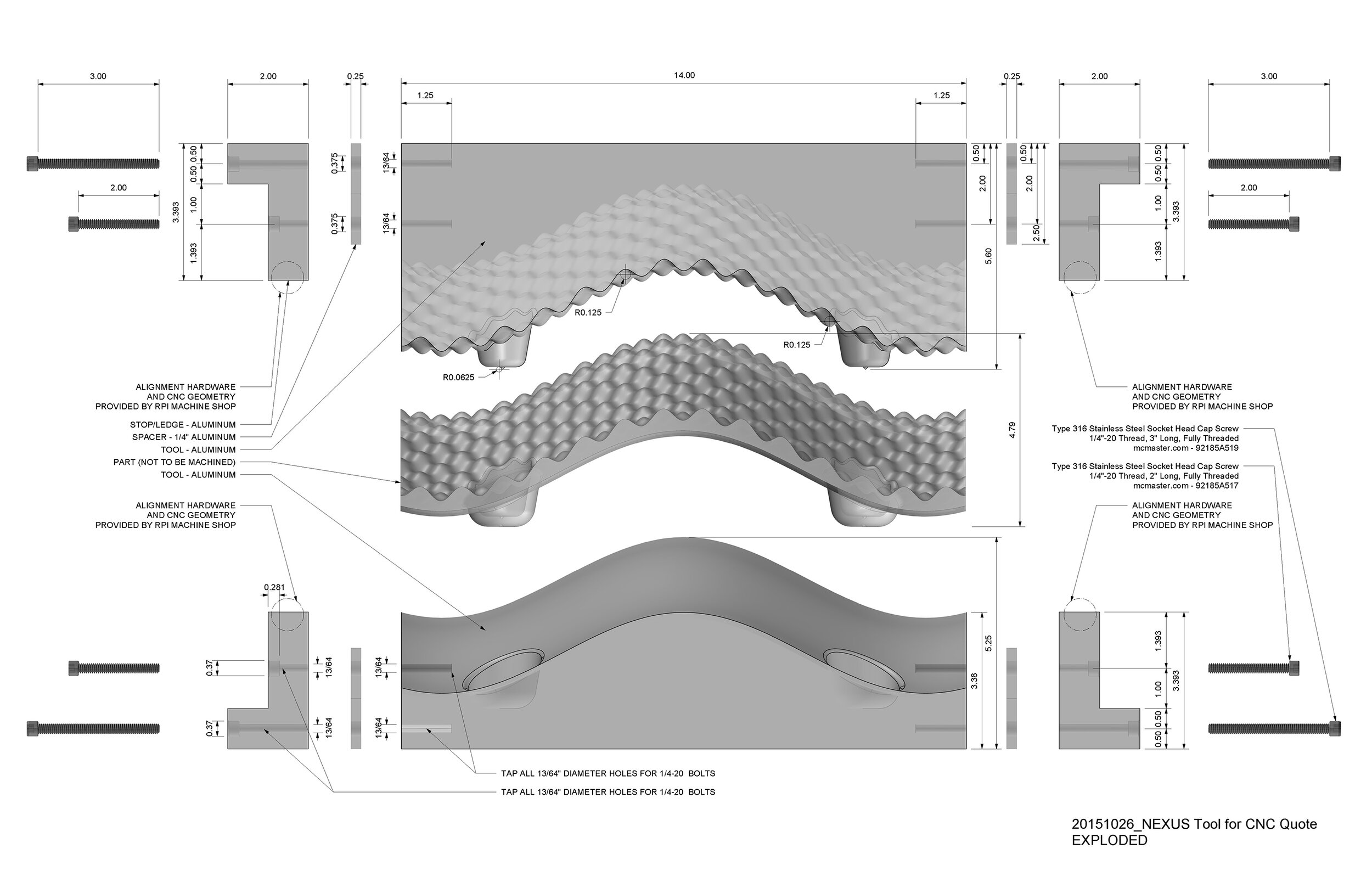
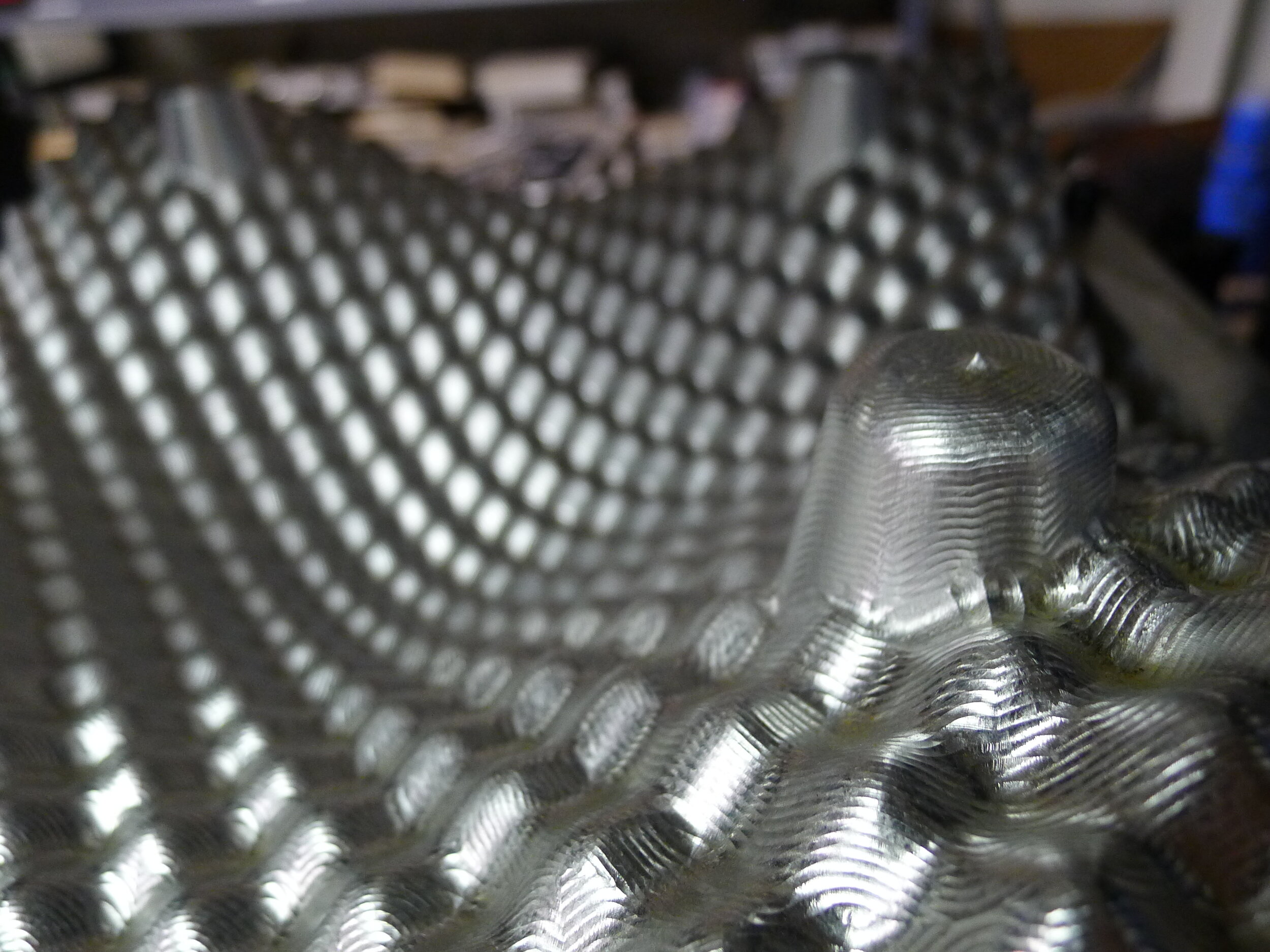
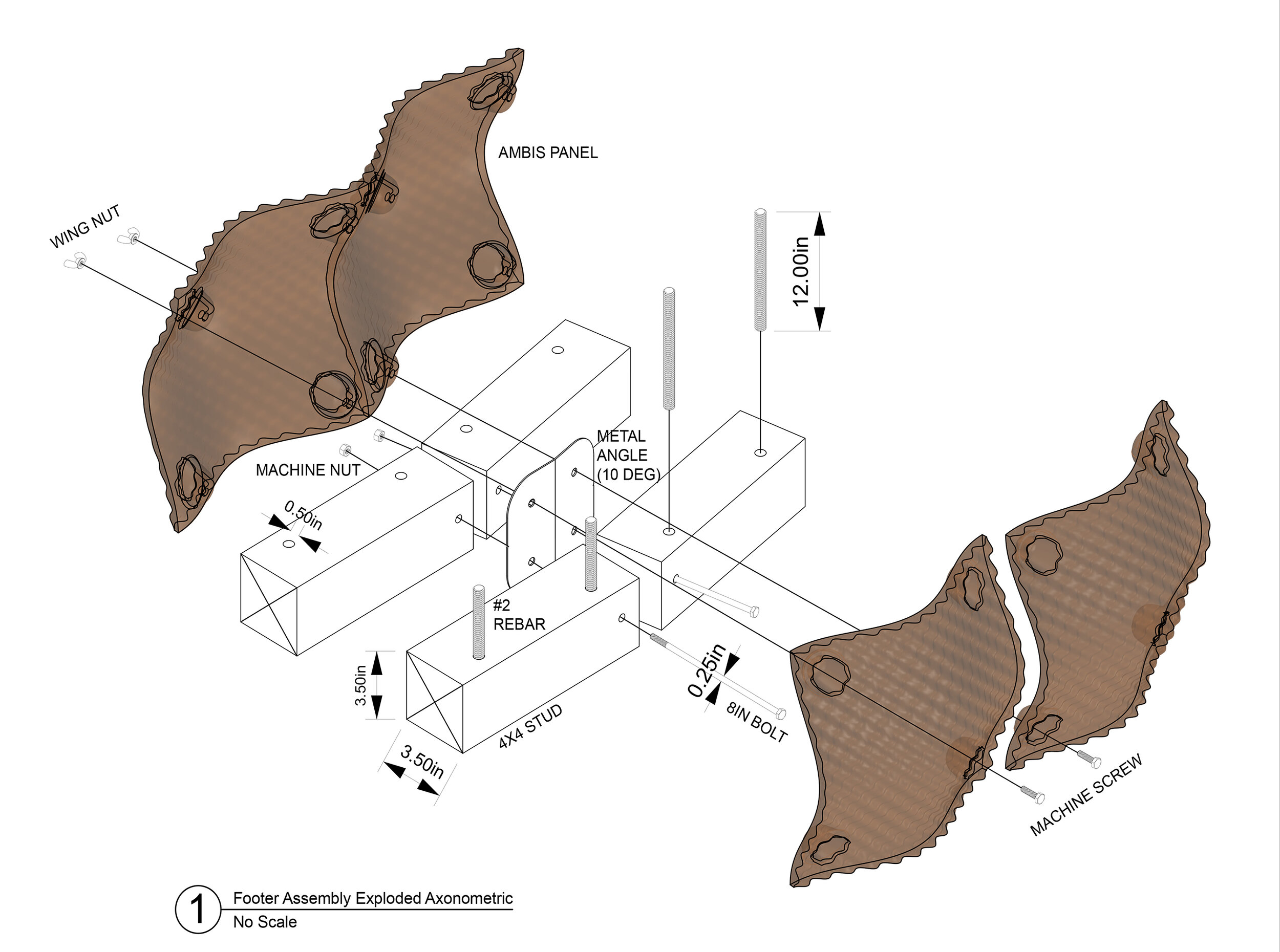
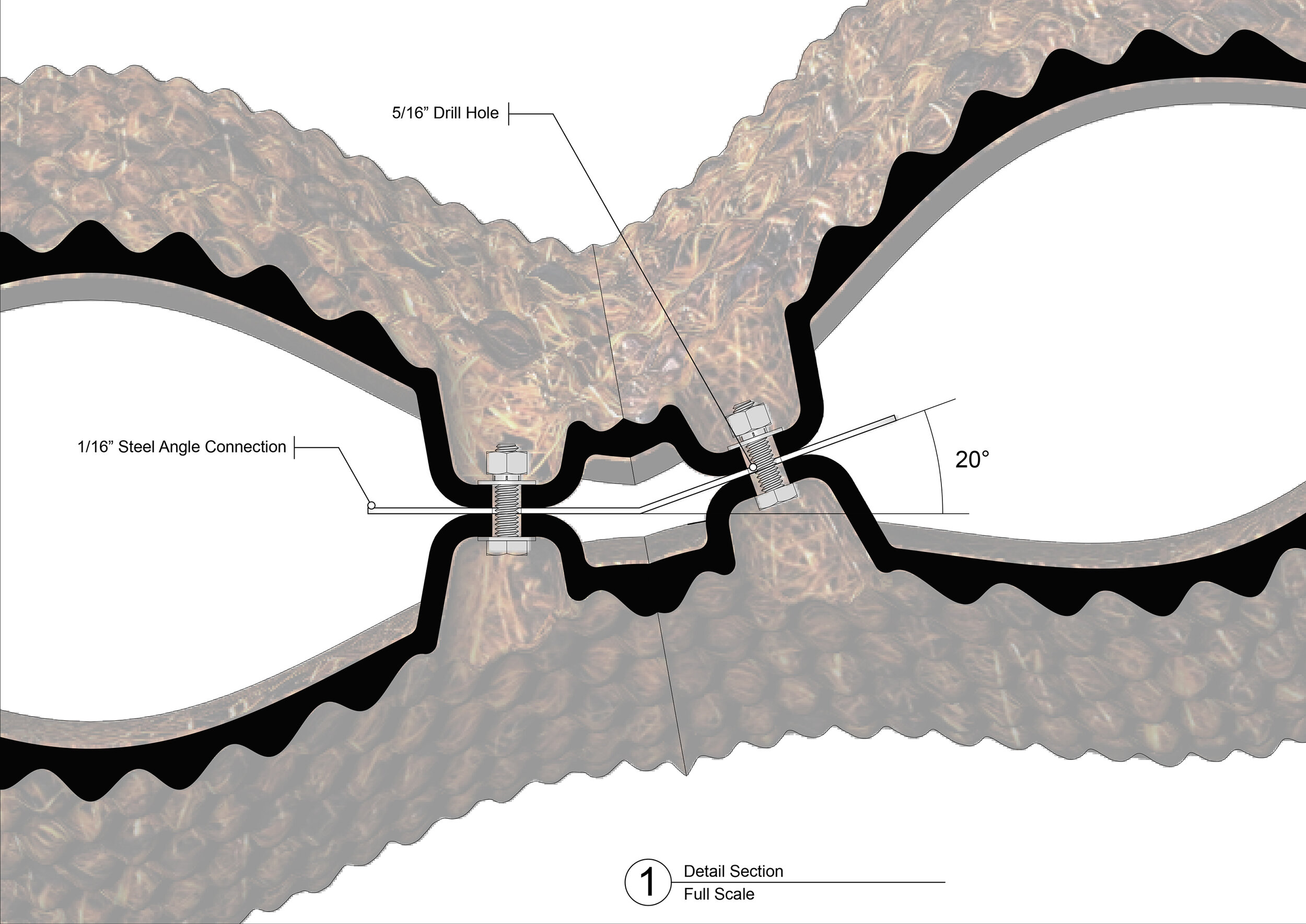
Agricultural Waste By-Products for Desiccant Building Materials in Hot Humid Climates
Alternative housing solutions are needed in developing countries to address the world-wide growth of slums and the sharp rise in energy consumption. Tropical housing designed according to bio-climactic principles and constructed of emerging bio-materials can offer an alternative to hot and humid conditions in prototypical social housing schemes. Local materials, such as coconut husk, offer viable solutions to the need for immediately available materials with appropriate response to climate conditions. When manufactured as a desiccant board, the coconut husk absorbs water vapor, creating a drier, more comfortable environment. Coconut husk board promises to be a viable and high-performing substitute for imported wood-based sheathing and siding products, especially in the tropics, where a substantial volume of husk byproduct from coconut production waste chain can be reclaimed and processed into building materials at an industrial scale.
Project Date: 2016
Researchers: Anna Dyson, Josh Draper, Demetrios Comodromos, Alexandra Rempel, Mae-Ling Lokko, Jonathan Rae Smith, Anu Akkineni, Mae-Ling Lokko, Jessica Bristow
Collaborators: Jason Salfi, Clayton Poppe, SOM, Ecovative
Sponsors: NEXUS NY, Rotch Foundation
Publications:
Lokko, Mae-ling, Dyson, Anna and Rempel, Alexandra "Development of Affordable Building Materials Using Agricultural Waste By-Products and Emerging Pith, Soy and Mycelium Biobinders." PLEA 2016 Los Angeles: Towards Regenerative Environments
Lokko, M., Dyson, A., Vollen, J. "Building Integrated Coconut Envelope Systems: Rethinking the Role of Low-tech Materials for High Performance in the Hot-humid Region." Proceedings of the XXV International Union of Architect's World Congress, Durban, South Africa, 3-7 August 2014. Ed. Amira Osman, Gerhard Bruyns and Clinton Aigbavboa. Durban: UIA 2014 Durban. pgs.1368-83

